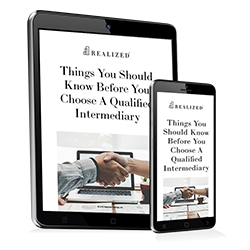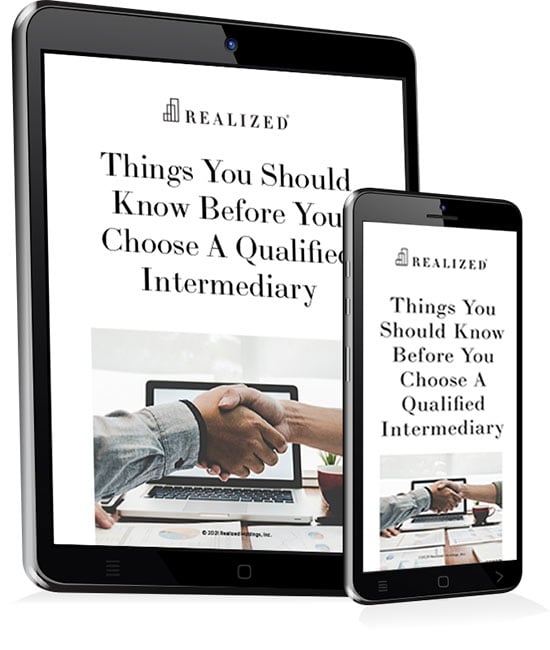
For an investor engaged in a 1031 exchange transaction, the Qualified Intermediary's correct utilization is one of the key elements to success. The Qualified Intermediary, sometimes referred to as a 1031 exchange accommodator, is an independent entity that facilitates the transfer of proceeds from the sale of the relinquished property into a holding account and from the holding account to the purchase of the replacement property. This intervention is essential to avoid the taxpayer having control over the funds between the sale of the original property and purchase of the replacement.
Due to the popularity of the Section 1031 "like-kind" exchanges, coupled with the difficulty of executing direct, real-time transactions, the IRS allows taxpayers to use a Qualified Intermediary to facilitate the completion of a delayed deal when a direct swap isn't feasible. If the taxpayer does not have actual or constructive access to the proceeds from the sale of the relinquished property during the exchange period, the IRS allows the like-kind exchange to occur. To maintain compliance, the Qualified Intermediary must receive the sale funds, hold them, and use them to complete the later purchase transaction.
What does the Qualified Intermediary need to do?
The Qualified Intermediary is responsible for the following vital aspects of the 1031 Exchange:
- Prepare and maintain relevant documents.
- Provide escrow instructions for all involved transactions.
- Create an arms-length transaction between the taxpayer and the buyer and sellers.
- Take control of sale proceeds and create a separate account, preventing the funds from coming under the seller/taxpayer's constructive custody.
- Hold the funds during the identification period.
- Receive the written information about replacement properties.
- Acquire replacement property or properties and then transfer title to the taxpayer.
- Create a thorough accounting of the transaction.
What are the qualifications of a QI?
While the IRS does not have specific requirements for who a Qualified Intermediary can be, there are explicit disqualifying characteristics.
First, the exchanger (taxpayer) may not be the QI for reasons that seem evident since serving as the QI would give the taxpayer access to the funds.
Next, anyone who has acted as the taxpayer's agent within two years before the sale of the relinquished property is also disqualified. The definition of agent includes (but is not limited to) broker, employee, investment banker, attorney, real estate broker or agent, and accountant.
Third, the QI cannot be related to the taxpayer, although relationships by marriage are permitted.
Finally, the prospective QI can’t take on that role if they have had any financial relationship not included in the above list during the previous two years. An example is an individual with substantial shared stockholder interests or common fiduciary holdings.
There is no requirement that the Qualified Intermediary lives in a state where the relinquished (or replacement) property is located, and no other eligibility conditions. But the role is a critical one, and the QI does need to obtain an Employer Identification Number from the IRS to submit the appropriate forms.



